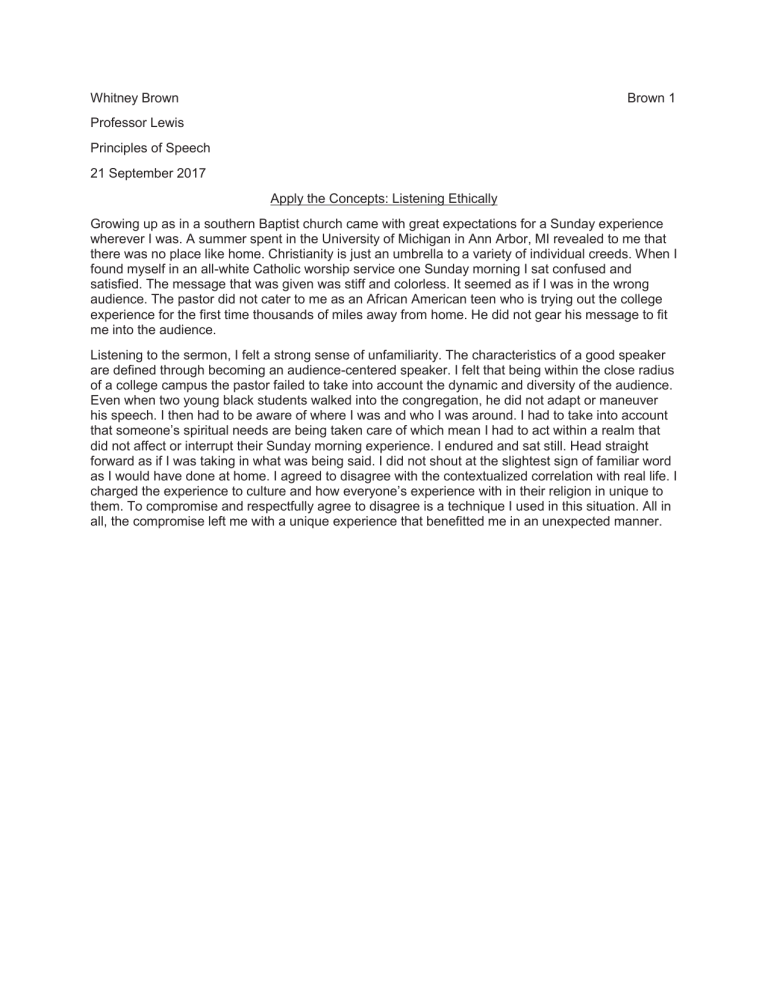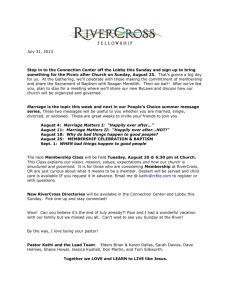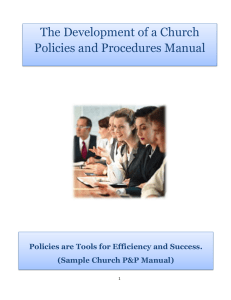Ethical Listening: A Personal Reflection on Cultural Differences
advertisement

Whitney Brown Brown 1 Professor Lewis Principles of Speech 21 September 2017 Apply the Concepts: Listening Ethically Growing up as in a southern Baptist church came with great expectations for a Sunday experience wherever I was. A summer spent in the University of Michigan in Ann Arbor, MI revealed to me that there was no place like home. Christianity is just an umbrella to a variety of individual creeds. When I found myself in an all-white Catholic worship service one Sunday morning I sat confused and satisfied. The message that was given was stiff and colorless. It seemed as if I was in the wrong audience. The pastor did not cater to me as an African American teen who is trying out the college experience for the first time thousands of miles away from home. He did not gear his message to fit me into the audience. Listening to the sermon, I felt a strong sense of unfamiliarity. The characteristics of a good speaker are defined through becoming an audience-centered speaker. I felt that being within the close radius of a college campus the pastor failed to take into account the dynamic and diversity of the audience. Even when two young black students walked into the congregation, he did not adapt or maneuver his speech. I then had to be aware of where I was and who I was around. I had to take into account that someone’s spiritual needs are being taken care of which mean I had to act within a realm that did not affect or interrupt their Sunday morning experience. I endured and sat still. Head straight forward as if I was taking in what was being said. I did not shout at the slightest sign of familiar word as I would have done at home. I agreed to disagree with the contextualized correlation with real life. I charged the experience to culture and how everyone’s experience with in their religion in unique to them. To compromise and respectfully agree to disagree is a technique I used in this situation. All in all, the compromise left me with a unique experience that benefitted me in an unexpected manner.





